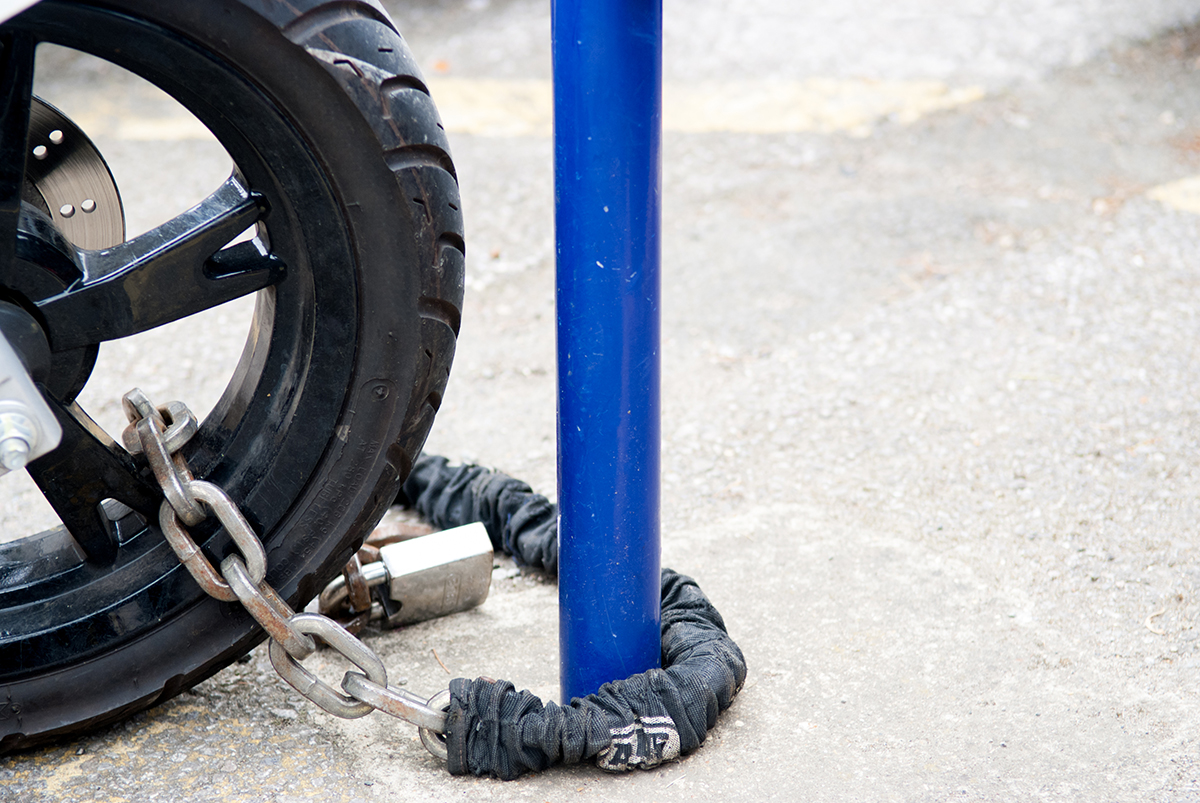Many jobs involve taking calls for several hours a day, but very few are as high-stress and high-stakes as emergency dispatchers.
Now more than ever, these brave individuals deal with an enormous amount of pressure every day for the greater good of their communities.
April 11th through the 17th marks National Public Safety Telecommunications Week. This week is the time to celebrate all the hard work and stress our dispatchers endure to keep our communities and us safe.
We may not see them, but they’re always there. Twenty-four hours a day, seven days a week, watching out for us and ready to do whatever it takes to provide the help we need.
The First Line of Defense
Dispatchers are the first person to respond to your call for help.
At Rescu headquarters, our dispatchers see an alert come in, send the necessary services to your address immediately, and standby to communicate with you if you decide to call or send a message.
For the public emergency service, 911 operators are the first voice a victim hears during a crisis.
An estimated 600,000 emergency calls come through every day, and dispatchers have to treat each one with the same urgency and level of importance.
Not only do they have to determine your location and the type of help you need, but they also have to remain calm – no matter how terrible the situation – and talk you through what may be the worst experience of your life.
The dedication and compassion it takes to be a dispatcher, whether public or private, is truly inspiring.
Rigorous Training
It takes a special kind of person to be a dispatcher.
In addition to having a working knowledge of the criminal justice system, emergency management, and public safety codes, they also have to be highly efficient communicators.
Once hired, they go through around forty hours of training, including in-depth coursework in the following areas:
- Advanced First Aid/CPR/AED
- Basic Telecommunications
- Critical Incident Stress
- Domestic Violence
- Emergency Medical Dispatch
- Hazardous Materials
- Suicide Intervention
- Terrorism
- TTY Training
They’re also required to keep up with their certifications throughout their careers and pursue ongoing education in these fields.
Demanding Work
Operators have to think quickly, calmly, and logically under immense stress, evaluating the best course of action for the victim’s unique situation.
According to the National Emergency Number Association, dispatchers have to perform crucial information-gathering and instructional tasks during every call or alert, including:
- Ask the caller a series of questions to determine their location and the nature of their emergency. Unfortunately, contrary to popular belief, dispatchers don’t automatically know where you are when you call.
- Speak calmly and help the caller stay calm.
- Prioritize other incoming calls or alerts.
- Give the caller instructions on how to handle their emergency, including life-saving medical interventions like compression-only CPR.
- Contact and dispatch necessary emergency responders.
- Record what happened during the call, including instructions given to the caller and emergency services dispatched.
To gather all the information they need and make the best decision, dispatchers are trained to be incredibly attentive listeners.
A baby crying in the background, someone yelling, shaking in the caller’s voice. Every little thing that goes on during the call can help them piece together the context of the situation.
And as you can imagine, dealing with crisis situations every day takes its toll. Operators frequently talk with victims who are going through terrible experiences.
It takes a tremendous amount of strength and selflessness to maintain their composure during these calls and prioritize your health and safety through it all.
The Problem for Public Dispatchers
In addition to the emergency calls they receive, 911 operators get a surprising amount of non-emergency calls.
These can include everything from misdials to pocket dials to people calling because they’re lonely. As we’ve covered in our blog about how 911 is used and abused, the reasons for these calls can be pretty absurd.
People frequently call 911 to report noise complaints, not considering that they’re blocking the line for those who have real emergencies.
Some call about their shoddy internet connections. And unbelievably, people even dial 911 to complain about bugs in their homes.
So, not only do dispatchers have to deal with the mental and emotional stress of emergency calls, but they also have to field far too many unnecessary ones.
For someone who’s dedicated their career to public service and safety, handling these pointless and often ridiculous calls can be incredibly frustrating.
That’s why it’s essential to think twice before dialing 911 or sending an alert in the Rescu app. Ask yourself if what you’re experiencing is truly an emergency.
This is one of the best ways we can show respect and appreciation for the hard work that dispatchers do for us every day.
Honoring Dispatchers Everywhere
It’s hard to truly appreciate what dispatchers do for us every day without taking some time to look into it. We hope today’s blog has given you some perspective on just how much they go through to ensure our safety and security.
And if you have a friend who’s a dispatcher, show them some extra love this week. It’s not often they receive praise and gratitude for what they do, even from the people they help.
The Advantages of Private Dispatch
The Rescu medical alert system provides a private dispatch experience that you can access anywhere from your smartphone.
Simply tap the services you need (fire, police, or medical), then tap “Send Alert,” and help will be on its way in just a few moments. No series of questions to answer. No talking required.
Operating outside the public 911 system lets us provide a subscriber-dedicated service where unnecessary calls aren’t an issue.
These features make Rescu the fastest and most reliable medical alert system on the market. And at just $7 a month, safety and security have never been more affordable.
We also have some exciting new features coming this summer. Our upcoming Rescu Prime subscription will turn your smartphone into a GPS medical alert system, meaning you can bring peace of mind with you wherever your adventures take you.
And that’s just one of the many new additions coming to the Rescu app. So stay tuned!



